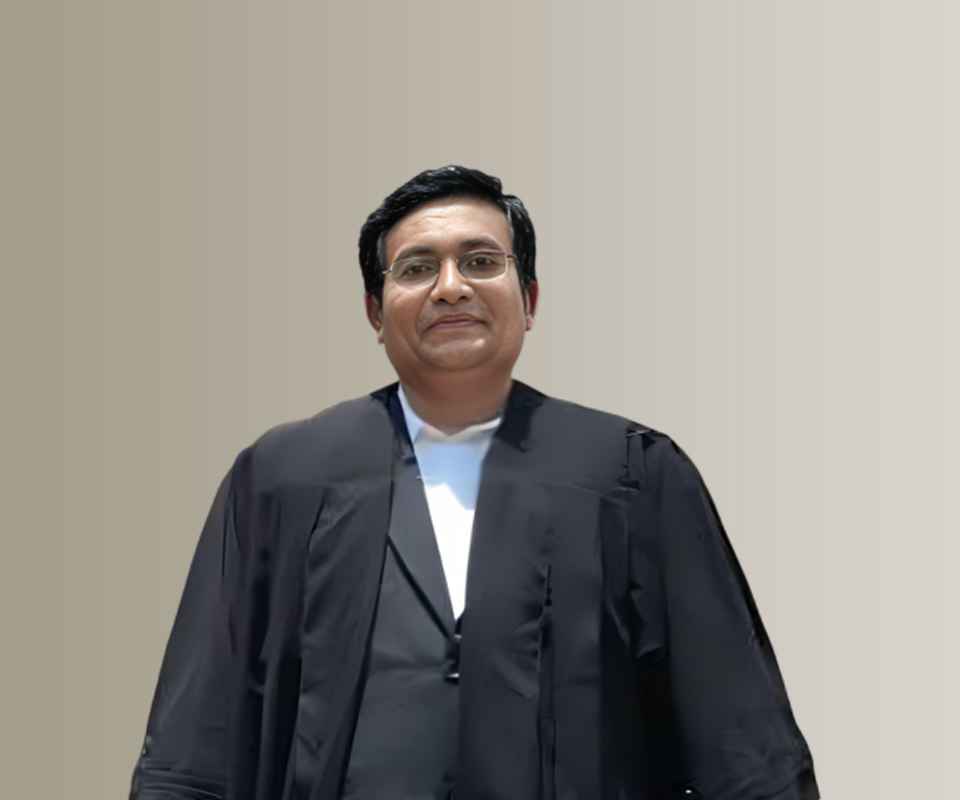Answer By law4u team
Input Tax Credit (ITC) is the credit that a registered taxpayer can claim for the tax paid on inputs, input services, and capital goods used in the course or furtherance of business. This means that the tax a person pays on purchases (inputs) can be set off against the tax liability on sales (outputs), avoiding the cascading effect of tax on tax. How ITC Works When a business buys goods or services, it pays GST on those purchases (input tax). When the business sells goods or services, it charges GST to the customer (output tax). The business can claim credit for the input tax paid and adjust it against the output tax payable. The difference (if any) is paid to the government; if input tax exceeds output tax, the excess can be claimed as a refund or carried forward. Key Features of ITC under GST 1. Eligibility Only registered taxpayers under GST can claim ITC. ITC can be claimed only on purchases used exclusively for business purposes. ITC is available on goods and services used in the course or furtherance of business, including capital goods. 2. Conditions to Claim ITC Possession of a tax invoice or debit note issued by a registered supplier. Receipt of the goods or services. Tax charged on the supply has been paid to the government by the supplier (either in cash or through ITC). Return in Form GSTR-3B filed. The recipient has furnished the details of inward supplies in GSTR-2 (auto-populated from suppliers’ GSTR-1). 3. Blocked Credits ITC is not allowed for certain items such as motor vehicles (except under specific conditions), goods/services for personal use, goods/services used for exempt supplies, and others listed under Section 17(5) of the CGST Act. 4. Time Limit for Claiming ITC ITC must be claimed within one year from the date of invoice. If not claimed within this period, ITC lapses and cannot be claimed later. 5. Reversal of ITC If goods/services on which ITC was claimed are used partly for exempt supplies or personal use, the ITC must be proportionally reversed. If the supplier fails to pay GST to the government, the recipient must reverse the ITC claimed. Importance of ITC in GST ITC prevents tax-on-tax (cascading effect), which was common under the earlier tax regime. It lowers the overall tax burden on businesses and promotes transparency. Encourages compliance and proper record-keeping. Enhances the ease of doing business by reducing cost. Summary Input Tax Credit (ITC) under GST allows a taxpayer to reduce their tax liability by claiming credit for the GST paid on inputs and input services used in business. It’s a fundamental feature of GST that ensures tax is levied only on the value addition, not the entire transaction amount.









